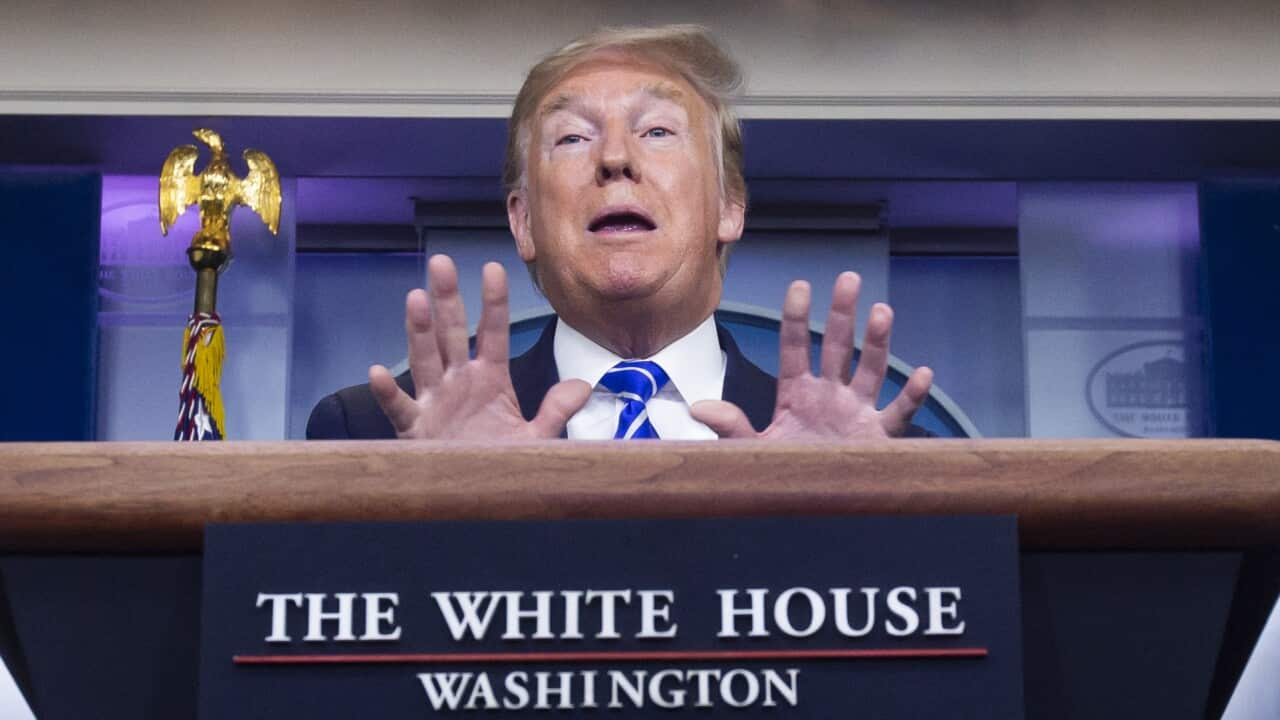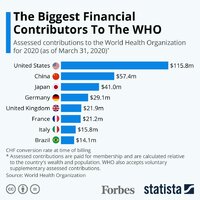λ the β-Redex Reducer
β-Redex Reducing Member
I'm going to donate my vaccine to Bill Gates so that he can take one for a change.

Why people want to kill the messengers? Are we still traped in the dark middle ages or so?
The Most Widespread COVID-19 Conspiracy Theories Target Bill Gates - Slashdot
In a 2015 speech, Bill Gates tried to warn that the greatest thread to humanity was an infectious virus, reports the New York Times. "Anti-vaccinators, members of the conspiracy group QAnon and right-wing pundits have instead seized on the video as evidence that one of the world's richest men...tech.slashdot.org
An assumption, a good one, but an assumption none the less.Bill Gates is more than just a messenger. He's the one paying and thus very likely also the one deciding.
That is highly unlikely. Money and orders almost always come from the same source. To find out who controls whom just find out who pays whom.I think the boards just sucks up to him to keep his money flowing in. He's, maybe, just suggesting.


That is highly unlikely. Money and orders almost always come from the same source. To find out who controls whom just find out who pays whom.
It being done via a complex process does not change the end result; it merely obfuscates it.From my experience, it's a bit more complicated than that, especially with such large institutions.
It makes no difference if the janitor or other low ranking people have good intentions. The people at the top is what it's about and they're good at gaining power and money because they deeply care about those things so they tend to be corrupt. Some are not, but most are.First of all, you'll have plenty of people who went to work there because they want to be useful (you don't go into international public health for cash and glory). Many of them will be wary of politicians and funders trying to manipulate the organisation.
And the donor should be able to refuse to donate based on the organsiation not obeying.Second, these organizations will often have an official missions statement/agreements/regulations/etc. that they'll try to follow. If someone tries to make them do something that isn't in there, they should be able to refuse based on these.
So the donor has to wait a long time between his first donation and him getting what he wants. That's no problem, billionaires tend think far ahead.Third, they are often very complex and bureaucratic institutions. This tends to make them slow and sometimes inefficient, but this has the advantage of making them very resilient to pressures: changes will take years to take place and people will keep working as they always did for a very long time. Especially when these people don't want the change (see the first point).
That is what lobbying is. Paying the government to get what you want. It's why we have laws like the Mickey Mouse Protection Act.If you could "own" such organizations by funding them, you'd see a lot more billionaires doing it
Fantastic quote made by the BBC on today's world at one:WTF!!???

Donald Trump suggests coronavirus could be treated with disinfectant injections
Donald Trump has suggested disinfectant injections or doses of 'very powerful light' could help treat patients infected with coronavirus.www.sbs.com.au
The scientific adviser to the president was wearing a colourful scarf and an increasingly pained expression, as he continued to talk
That is highly unlikely. Money and orders almost always come from the same source. To find out who controls whom just find out who pays whom.


